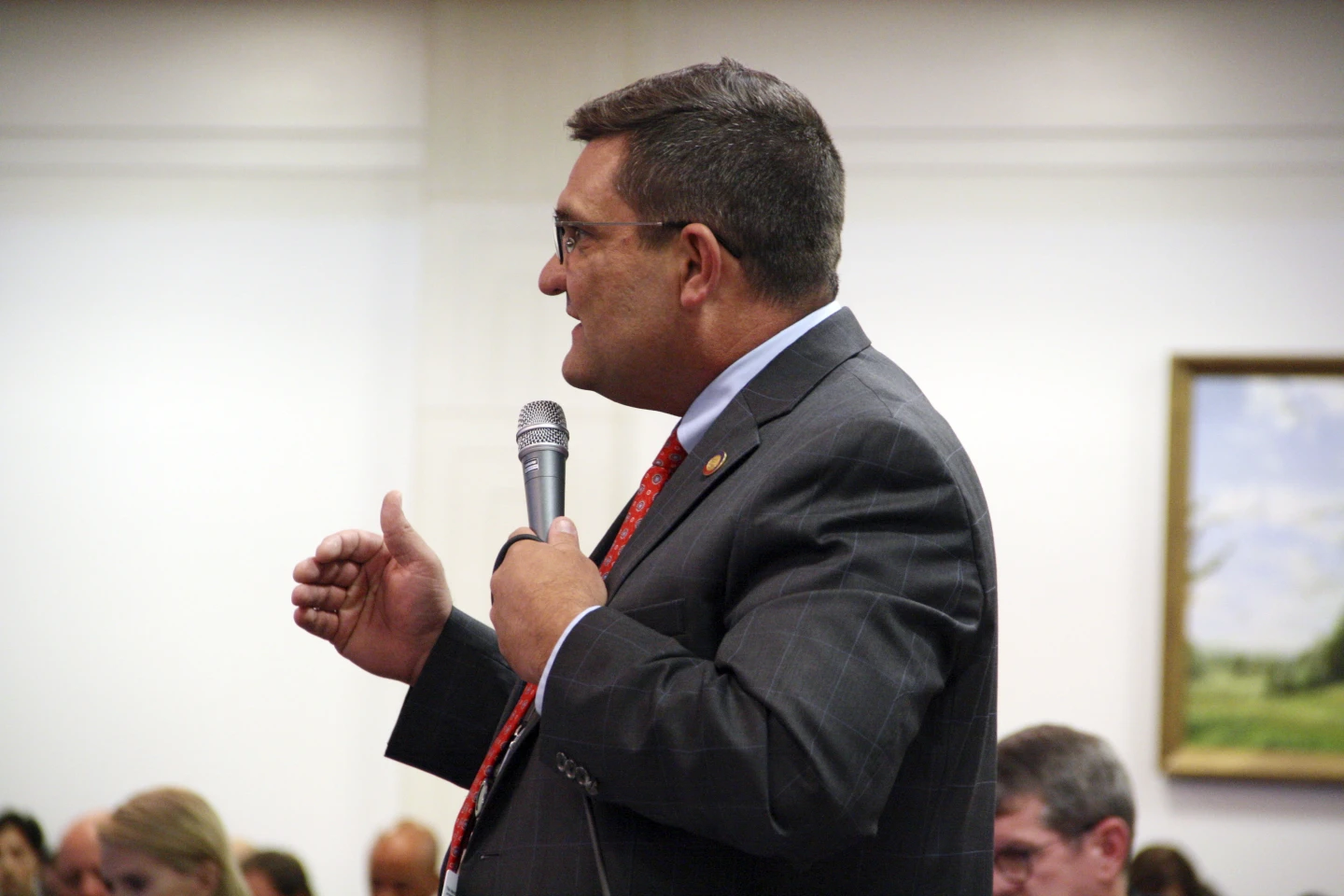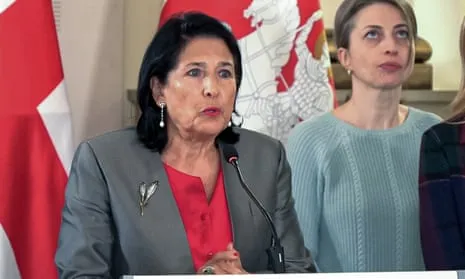House Republicans in North Carolina moved forward with their budget-adjustment measure on Wednesday, gaining initial approval in the chamber. The legislation addresses several key areas, including a significant increase in demand for private-school vouchers, funding for child care centers, and higher pay for workers and teachers beyond previously planned raises.
Seventy-three House members, including four Democrats, voted in favor of the bill, while 36 opposed it. The adjustments to the state’s two-year budget, which was enacted last fall, reflect new financial needs and an expected increase of nearly $1 billion in revenue collections.
A final vote in the House is scheduled for Thursday, but the future of the $31.7 billion spending plan remains uncertain in the Senate. Republican leaders in the Senate have expressed reluctance to approve such spending and to dip into special reserves totaling hundreds of millions of dollars.
Senate leader Phil Berger has indicated that if the House does not accept their preferred changes by the end of the fiscal year on June 30, he may adjourn the session early. On Wednesday, Berger’s office released a scaled-down $31.4 billion spending plan.

Jeffery Elmore speaks in the house budget debate (Via Ron Grint/Shutterstock)
Despite differences, both the House and Senate proposals agree on allocating $487 million to programs supporting K-12 students attending private schools and eliminating waiting lists. A majority of these funds would bolster the Opportunity Scholarships program, addressing a backlog of over 50,000 students eligible for scholarships this fall and ensuring sustained support for increased demand. Last year, eligibility criteria for these grants were expanded by removing income limits.
During the budget debate in the House, Representative Jeffrey Elmore, chairman of the budget committee and a Republican from Wilkes County, highlighted the importance of fulfilling promises made to parents and students regarding education choices.
Both chambers also aim to allocate approximately $135 million each to replace federal child care stabilization grants, which are set to expire in July. These grants were initially introduced during the pandemic to support child care centers, often used to enhance employee wages.


























